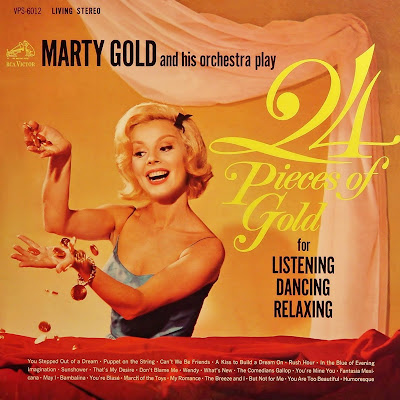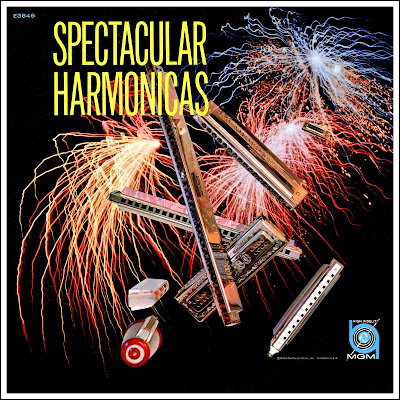Odeon (EMI Electrola) 1C 178-31 341/42
Lale Andersen: b. Lieselotte Helene Berta Bunnenberg, 23 March 1905, Bremerhaven, Germany, d. 29 August 1972, Vienna, Austria.
A singer with a husky voice and seductive style, who rose to fame early in World War II when her version of Norbert Schultze and Hans Leip’s ballad (German spelling ‘Lili Marleen’) ‘Lili Marlene’ became popular with the German armed forces. Later, the British Eighth Army appropriated the number after hearing it on German radio, and, with an English lyric by Tommie Connor, the song became a hit in Britain for Anne Shelton. Marlene Dietrich’s poignant version also became successful there, as well as in the USA and most of the rest of the world. Connor and Johnny Reine subsequently wrote a follow-up, ‘The Wedding Of Lili Marlene’, which the Andrews Sisters took into the US Hit Parade in 1949. Twenty-five years later, the two surviving Andrews Sisters, Patti and Maxene, were connected with yet another sequel, ‘Wait For Me, Lili’, which was featured in their 1974 Broadway musical, Over Here!, a celebration of the sounds of the Big Band Era and World War II. The originator of the ‘Lili’ saga, Lale Andersen, went on to win the German Song For Europe contest in 1961 with ‘Einmalsehen Wir Uns Wieder’ (‘We Will See Each Other Some Day’) - she eventually came thirteenth - and wrote a novel entitled The Sky Has Many Colours. It was about a German girl who rises to fame simply because of her rendition of an old song, and was filmed by Rainer Werner Fassbinder in 1980 under the correct German title of Lili Marleen.


























